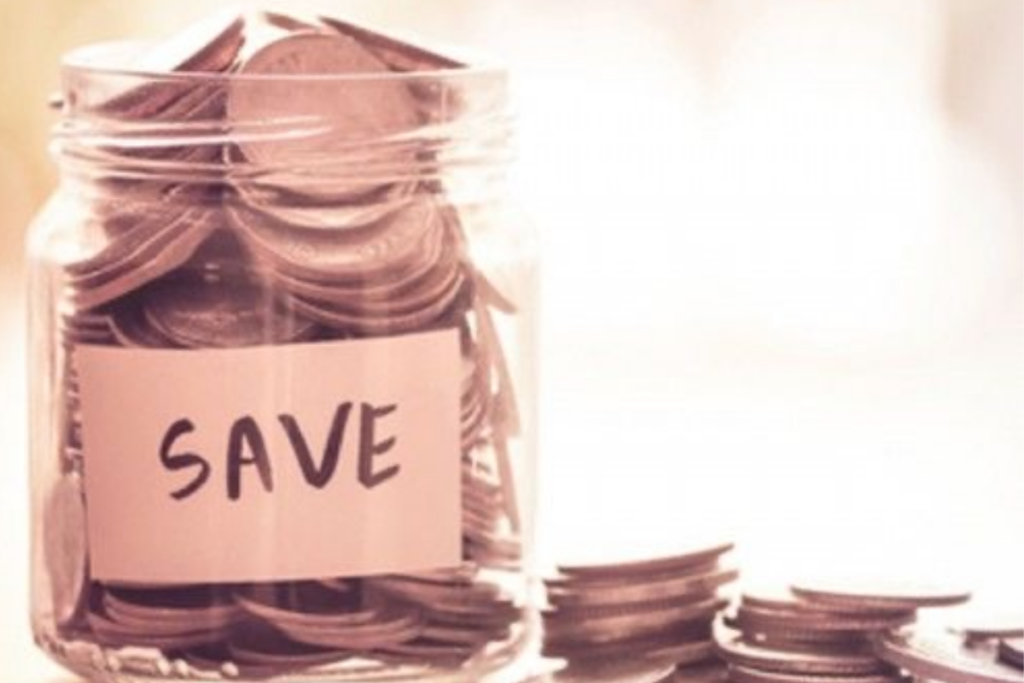Deciding how many savings accounts to have is up to you. However, having more than one can be a good strategy. You can have as many savings accounts as you want, but it’s essential to be able to keep track of them all. Below are reasons why it might be helpful to have a separate savings account for each of your savings goals. You will also discover factors to think about when choosing a savings account.
How Many Savings Accounts Should You Consider?
According to Matt Gromada, there isn’t a specific rule on the number of savings accounts you should have. However, it is common to have more than one. “Some people find it useful to have multiple accounts, each for a specific goal,” he explains.
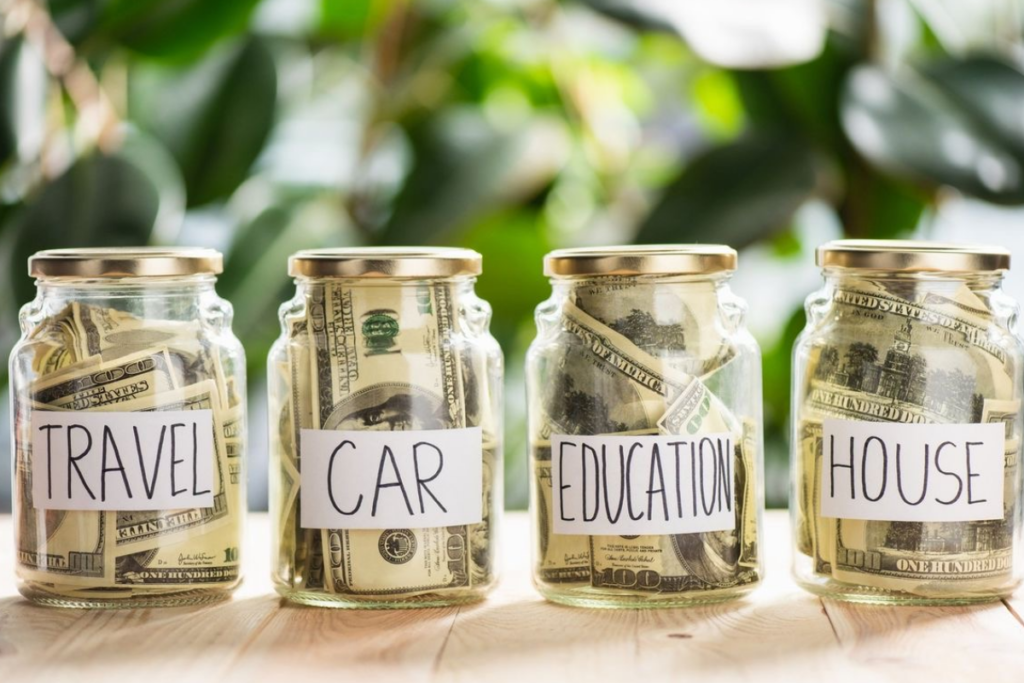
Source: MakingSenseofCents
Many individuals have various savings targets. Each target might require different amounts of money and timeframes. For instance, you might be saving up for a new car within two years. You might also be planning a vacation in a few months. “Think of savings accounts like separate jars for different purposes,” suggests Gromada.
- Emergency Funds
Emergency funds savings accounts are essential. Everyone needs to have a particular savings account just for emergencies. An emergency account is like a safety net for unexpected costs, such as fixing a car or paying medical bills.
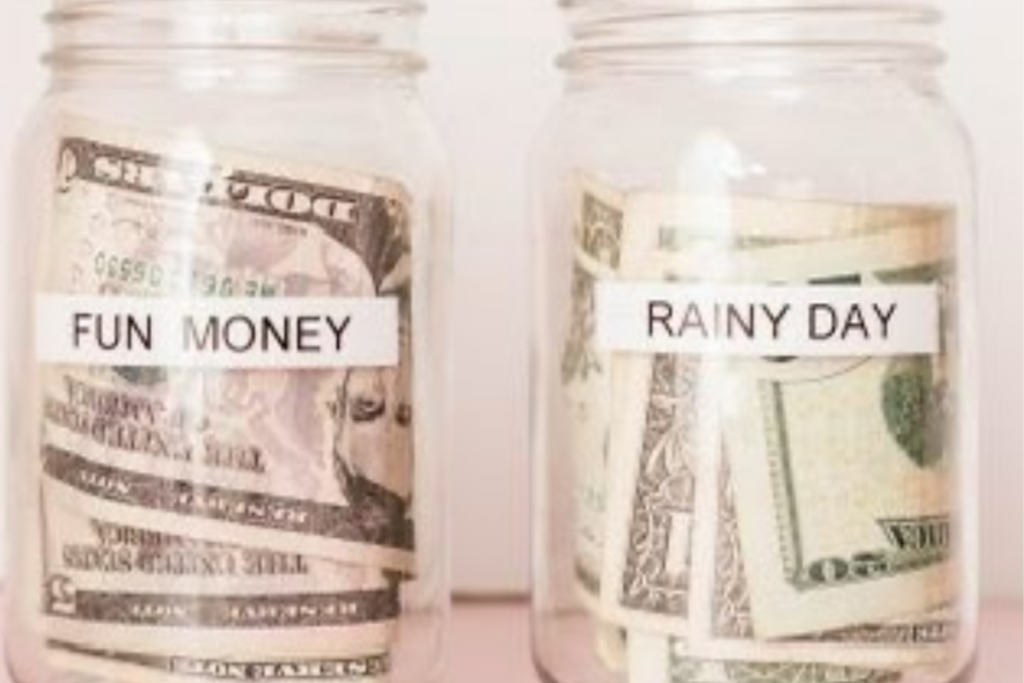
Source: Todaysworkathomemom/Pinterest
Many experts suggest saving enough money to cover at least three months of basic living expenses. It can come in handy in a case where you suddenly lose your source of income. Keeping this money separate ensures you won’t spend it on anything other than urgent needs.
2. Additional Savings Account
You can consider opening extra savings accounts. These accounts can be based on what you’re saving for and how many accounts you feel okay handling.
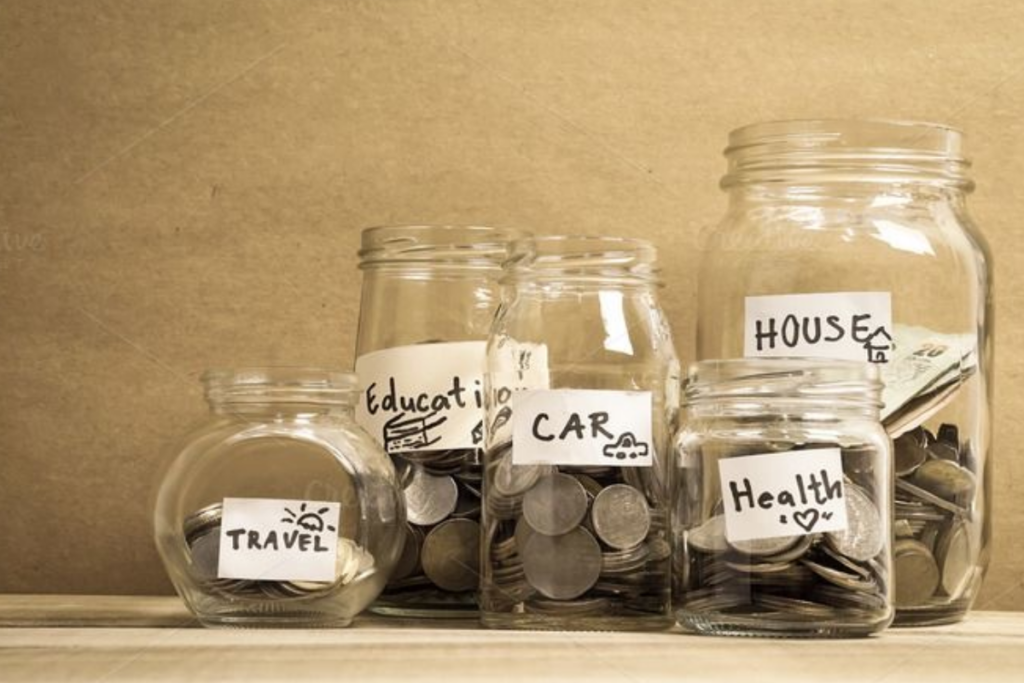
Source: CreativeMarket/Pinterest
The following are some examples of goals you might want separate accounts for:
- Saving up for a vacation
- Planning for home improvements or big purchases
- Putting money aside for a car or house down payment
- Getting ready for back-to-school or holiday shopping
- Saving for special occasions like weddings, anniversaries, or birthdays.
Deciding Where to Open Your Savings Account
When it comes to saving money, you can choose to keep all your savings in one bank. You could also spread them across multiple banks. Putting all your money in one bank can make it simpler to manage. That way, you can access all your accounts through the same app.
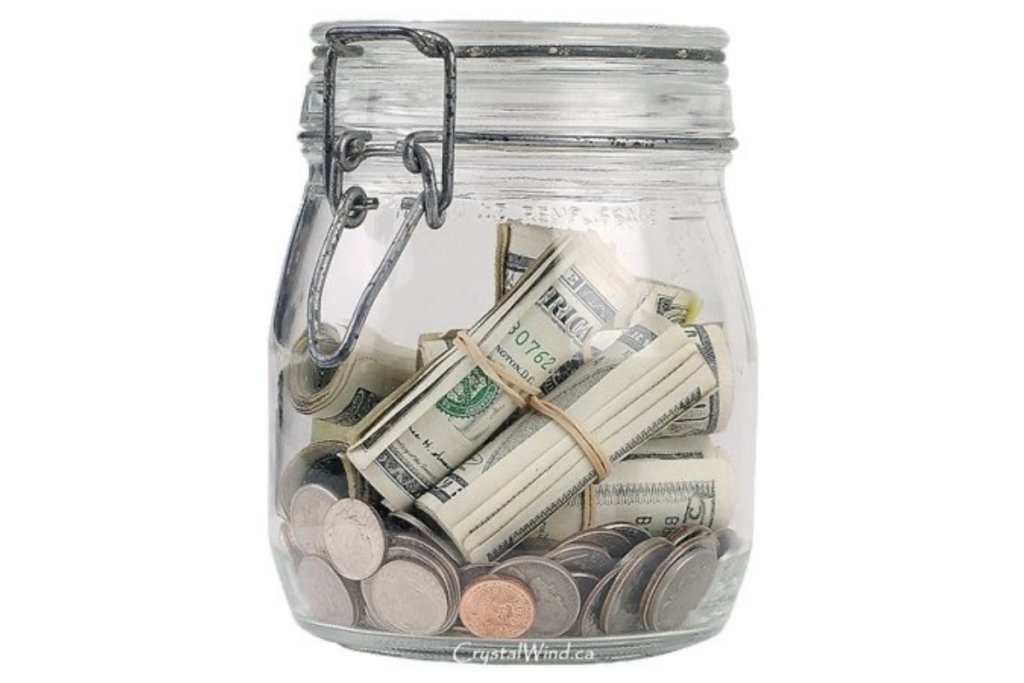
Source: CrystalWind/Pinterest
However, if you have more than $250,000 saved up, it might be a good idea to split your money. You can split it among different banks. This helps ensure that the Federal Deposit Insurance Corp protects all your funds.
Still Deciding Where to Open Your Savings Account
Another benefit of having savings in various banks and credit unions is that you can earn more money.
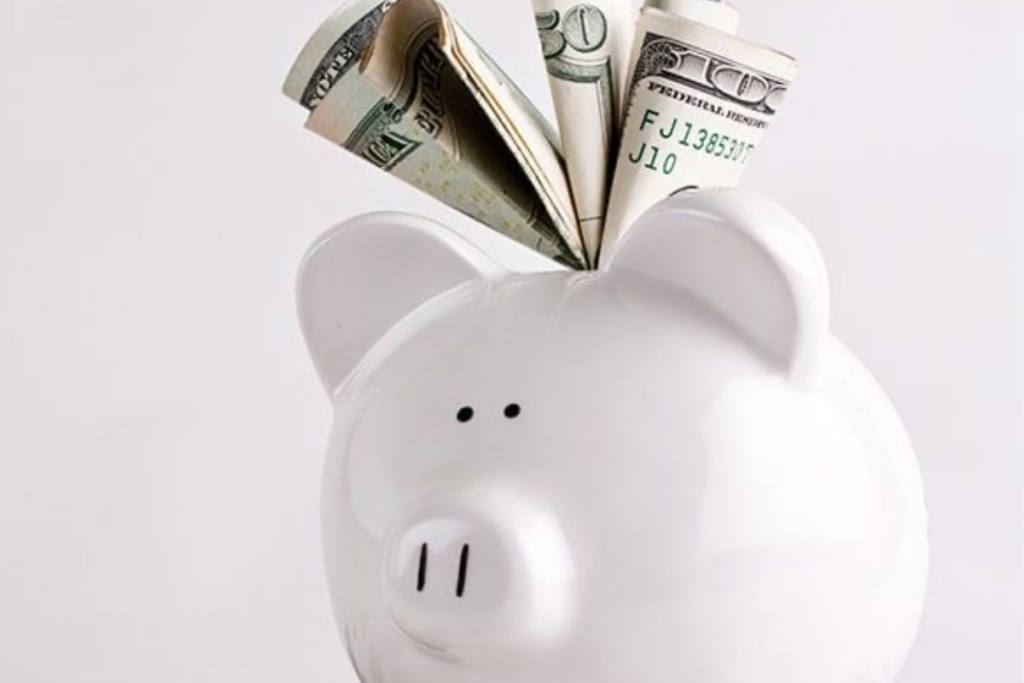
Source: MyModernMet/Pinterest
For instance, you might find that other banks are promoting rates that are higher than their high-yield savings account. Their high-interest savings accounts might be better compared to your current bank. Also, you might even get a cash bonus for opening a new account in some banking institutions.
Advantages of Having Multiple Savings Accounts
- Extensive FDIC-insurance Protection: The FDIC provides insurance for bank deposits. This insurance covers up to $250,000 per person, per bank, and for different types of ownership.
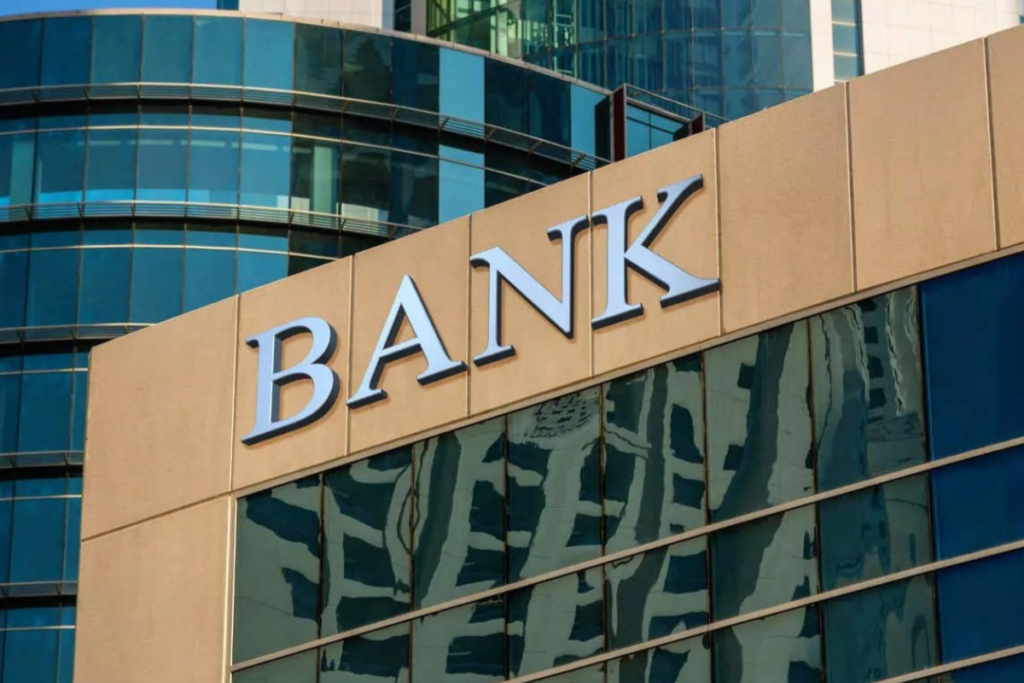
Source: TheEconomicTimes/Pinterest
If you have more savings than that, your money might not be fully protected. To safeguard your funds, you can open accounts at different banks. You can also consider a joint account, which falls under a separate ownership category.
2. Easy Management of Different Savings Goals
Keeping your savings goals organized is essential. When you can see each goal clearly and track how close you are to reaching it, it helps you stay focused and excited about saving money.

Source: TheEconomicTimes/Pinterest
3. Possibility of Getting Extra Rewards and Better Interest Rates
When you’re setting new savings goals, it’s wise to open new savings accounts. This way, you can grab the best deals available. Banks and credit unions often give out bonuses or offer higher interest rates on savings accounts to get new customers.
Disadvantages of Having Multiple Savings Accounts
- Having to Handle More Accounts
Matt Gromada mentioned that there isn’t a set limit on how many savings accounts you can have. However, he also pointed out that it gets harder to manage them all as the number grows.
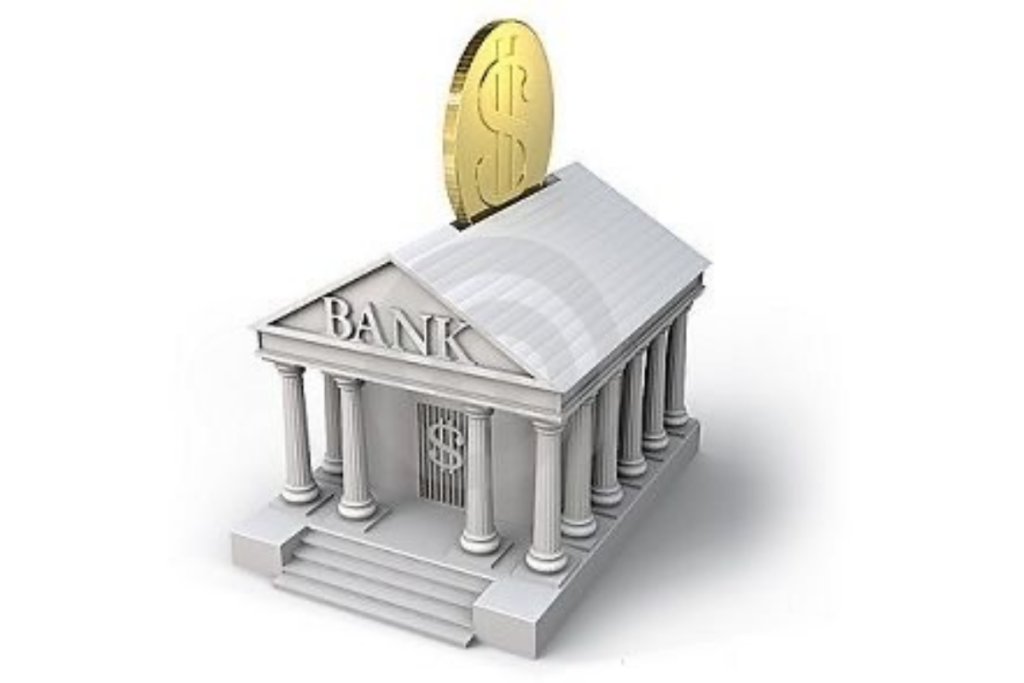
Source: Abhishek Ghosh/Pinterest
2. Probable Minimum Balance Requirements
If there’s a rule that says you have to put in a certain amount of money to avoid paying a fee each month for your savings account, then you have to make sure you always have at least that much money in the account.
3. Possibility of Getting Less Interest on Your Money
If you are saving your money in a few different bank accounts, you might not get enough interest.
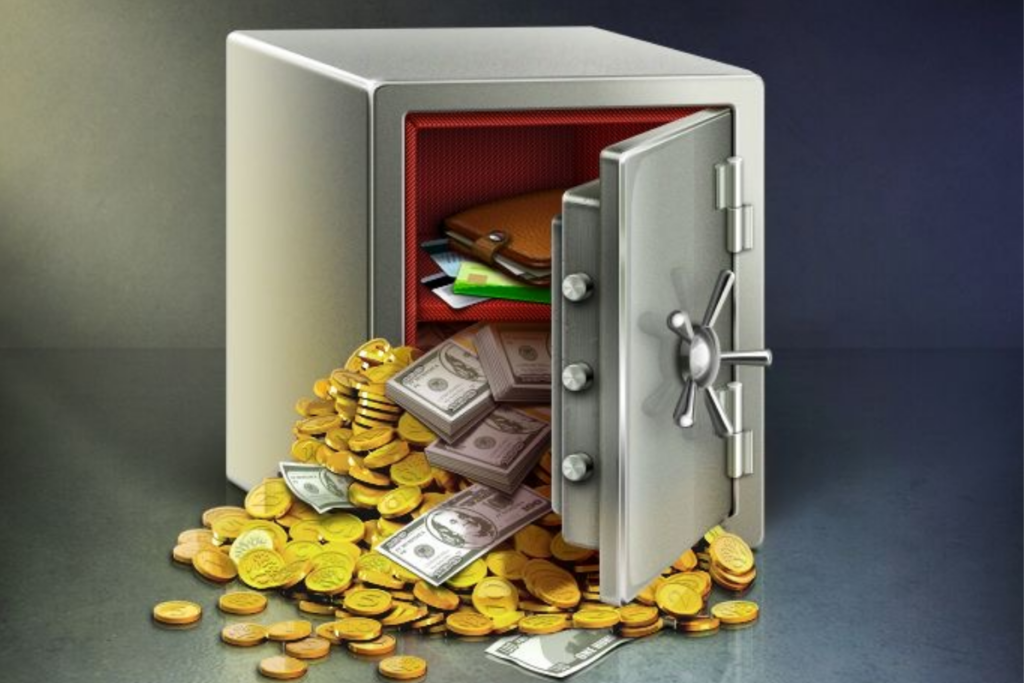
Source: Dribble/Pinterest
Some of these banks might need you to keep a certain amount of money in your account. You might be required to have a certain amount of money in order to get more interest. So, if you split your money between these accounts, you might end up earning less interest overall.
How to Handle Having Multiple Savings Accounts Effectively
- Use Special Names For Your Accounts
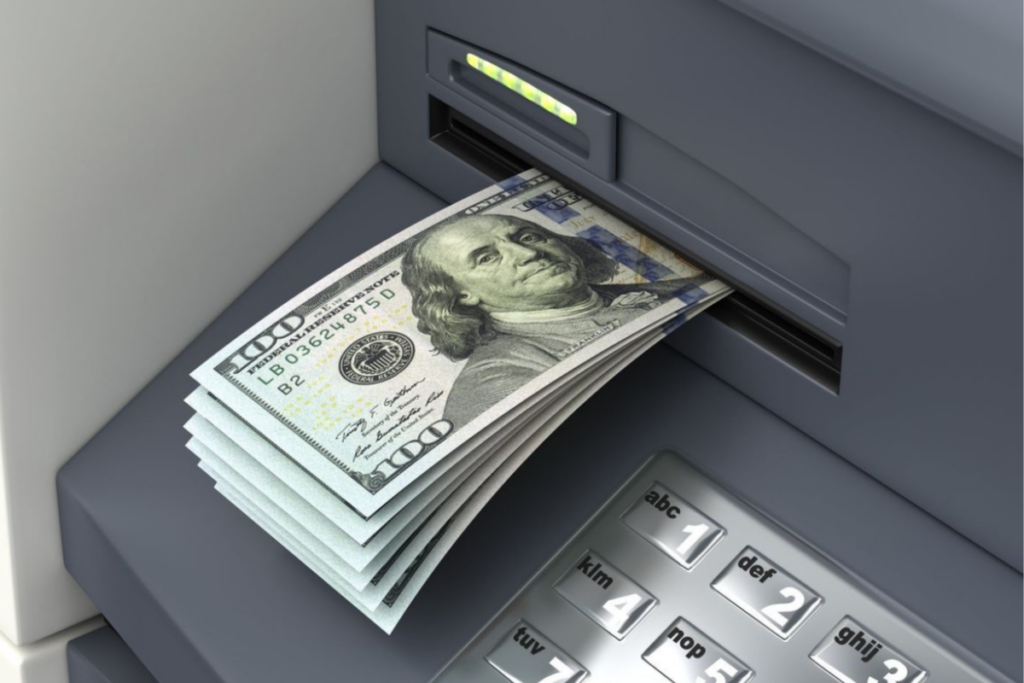
Source: TheMotleyFool/Pinterest
Many banks allow you to give nicknames to your accounts. This means you can quickly identify each account when you check online,” Dawn-Marie Joseph explained. Dawn-Marie started Estate Planning & Preservation in Williamston, Michigan. So, instead of just seeing a list of numbers, you could name one account “vacation fund” and another “new MacBook Pro.” This helps you keep track of your money more efficiently.
2. Look for Good Interest Rates
When you want to open new savings accounts, check out different banks online. Do this to find the ones offering competitive interest rates. You can also talk to your current bank and see if they can provide you with a better rate.
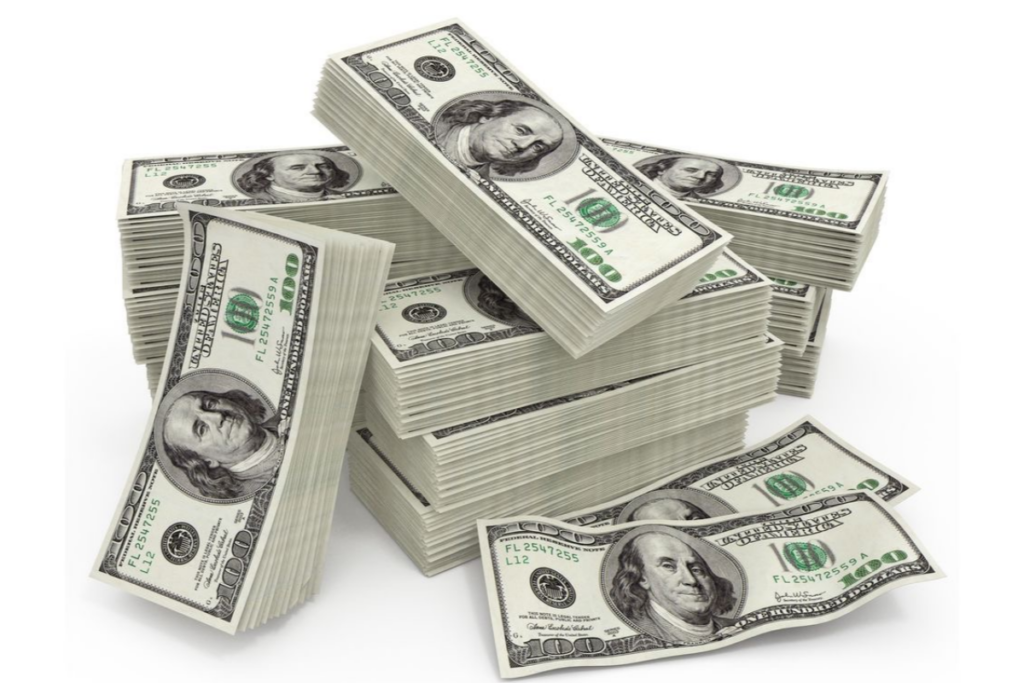
Source: BioInformantWor/Pinterest
Joseph mentioned that banks can adjust the interest rates on your accounts, especially if you have more money saved up. This will give you more room to negotiate for the rate you prefer.
3. Automate Your Savings
Putting money into different savings accounts each time you get paid can take up a lot of time. This can happen, especially if you use other banks. However, if you arrange for a certain amount to be transferred automatically, you won’t have to worry about it.
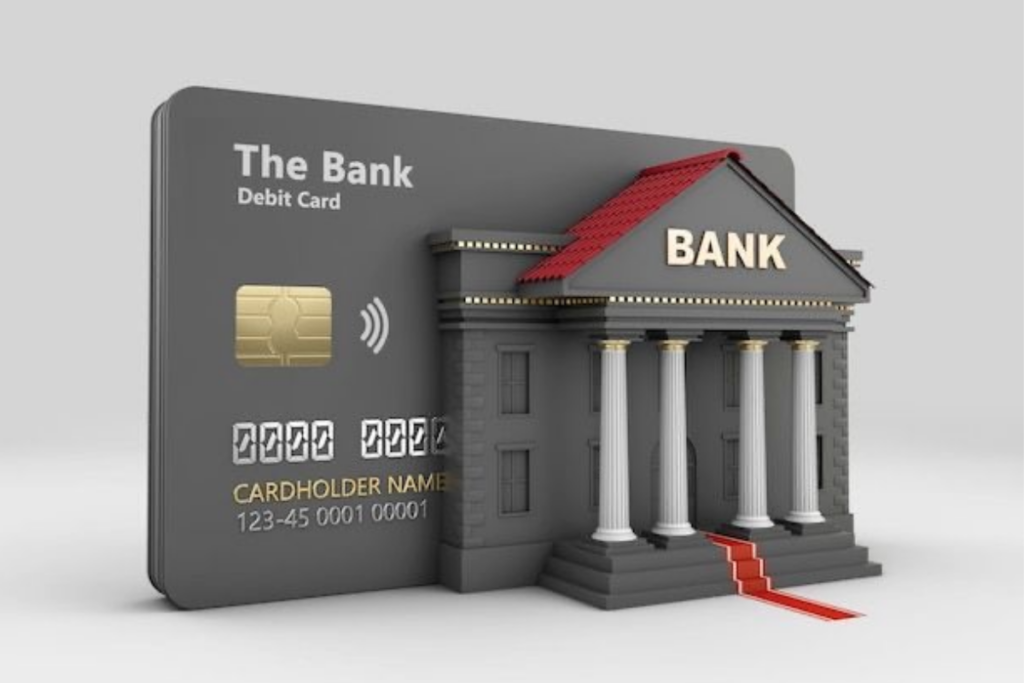
Source: Freepik/Pinterest
You can choose to have a set amount moved from your checking account every week. You could also decide whatever schedule suits you best,” Joseph explained. “This way, you won’t have to keep reminding yourself to save it; it happens automatically,” she said.
4. Learn about FDIC Limits
You can only have up to $250,000 in your bank account for each account holder. And also for each type of account you have. However, you can open different types of accounts.
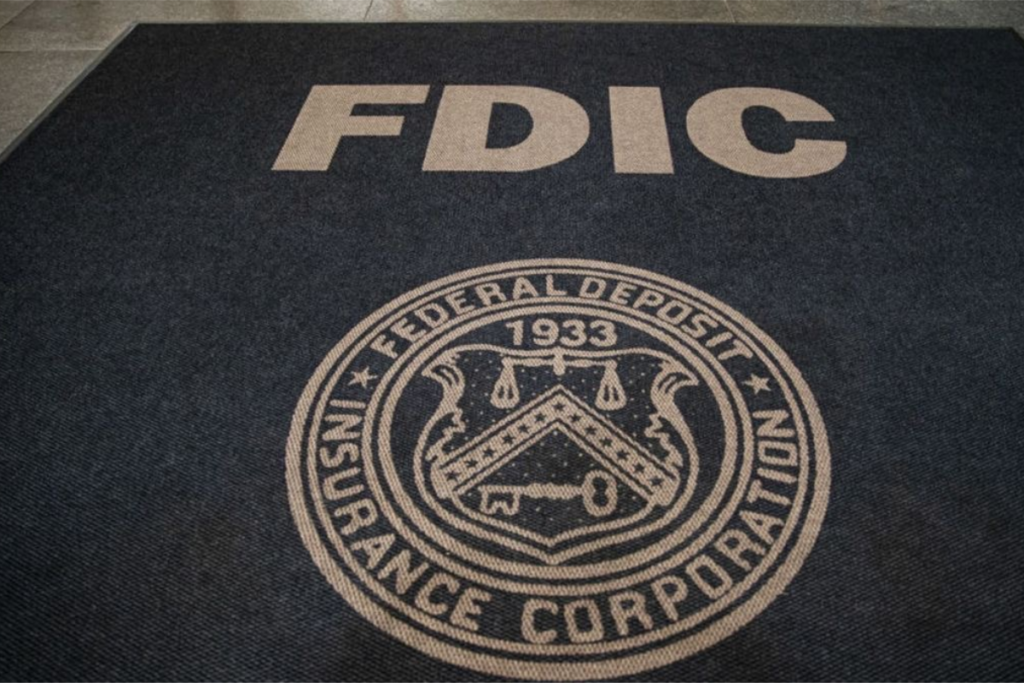
Source: Thisrecentlyhappened/Pinterest
The FDIC will safeguard your money up to the $250,000 limit for each account. For instance, if you and your spouse have $250,000 saved, you can also save another $250,000 with your child, according to Joseph.
More Tips for Saving Wisely
- Develop a Savings Strategy for Extra Cash and Unexpected Money
When you get a work bonus, a tax refund, or even cash gifts, it might be tempting. You might be tempted to spend it all on yourself. However, if you decide beforehand to save a specific portion of any unexpected money, you can speed up your progress. Your progress towards achieving your goals.

Source: Freepik/Pinterest
Nowadays, with the convenience of mobile banking apps, it’s simpler to transfer money between your accounts. This way, you can make sure that any extra cash you come across goes towards your financial objectives
2. Make Emergency Savings a Priority
The most important thing is to save a big chunk of your money for emergencies. Try to save some money regularly until you have enough to cover a few months of your living expenses. If you’re new to saving, start with small goals, like saving $1,000 by the end of the year.
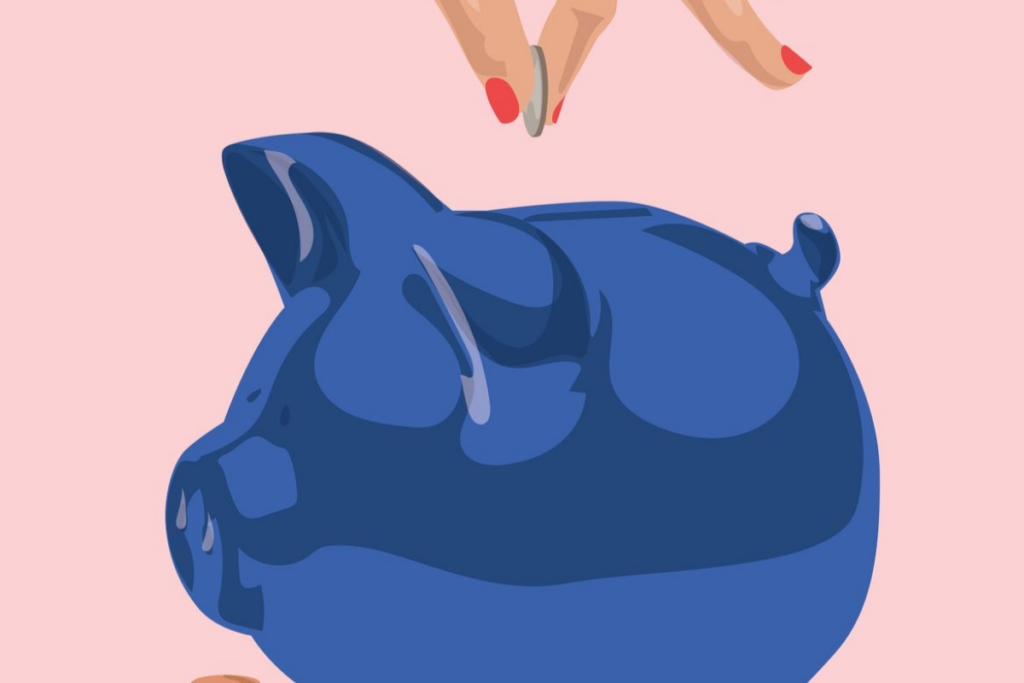
Source: Refinery29/Pinterest
3. Other Ways to Save
Instead of just keeping your money safe, you could try investing it to make it grow. You could invest in things like stocks and bonds. You could also invest in other assets through a brokerage account or a particular retirement account like an IRA.
Should You Keep All Your Savings in One Bank?
Well, it does make managing your accounts more accessible and lets you move money around quickly. But, keep in mind that the FDIC only insures up to $250,000 per account holder, per type of account, at each bank.
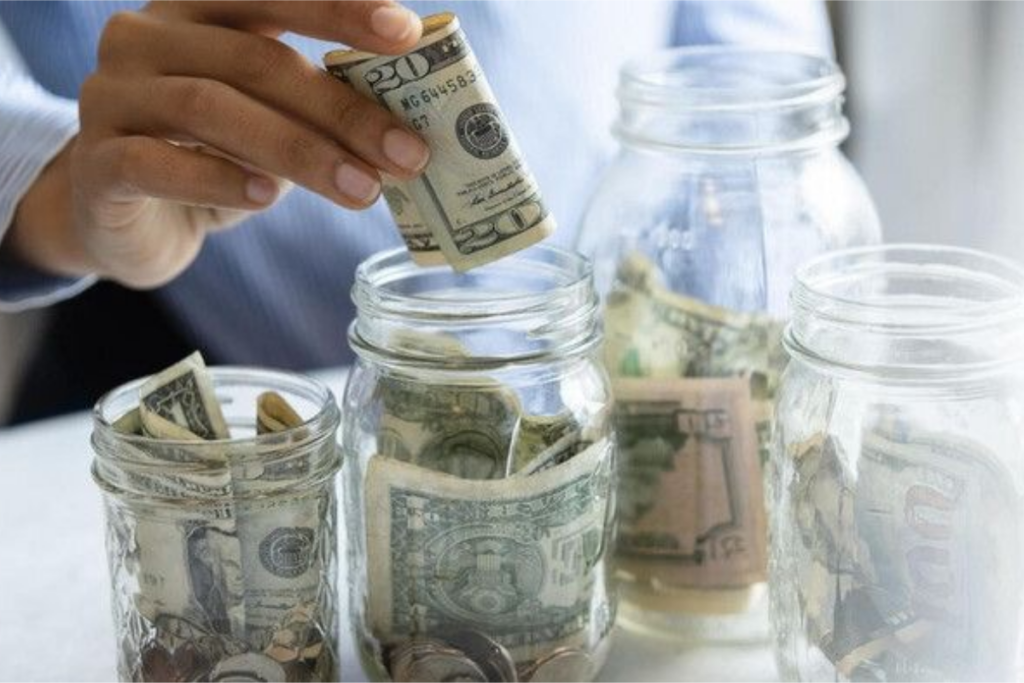
Source: Aquamaiden/Pinterest
How Much Money Do Most People Keep in a Savings Account?
In 2019, the Federal Reserve Bank found that, on average, American households had $41,600 in savings. However, the typical or median balance was much lower at $5,300.
Can Having Many Bank Accounts Hurt My Credit Score?
Having many savings accounts doesn’t impact your credit score. What matters most for your credit score is how you handle paying bills. Also, how you manage debts, not how many bank accounts you have.
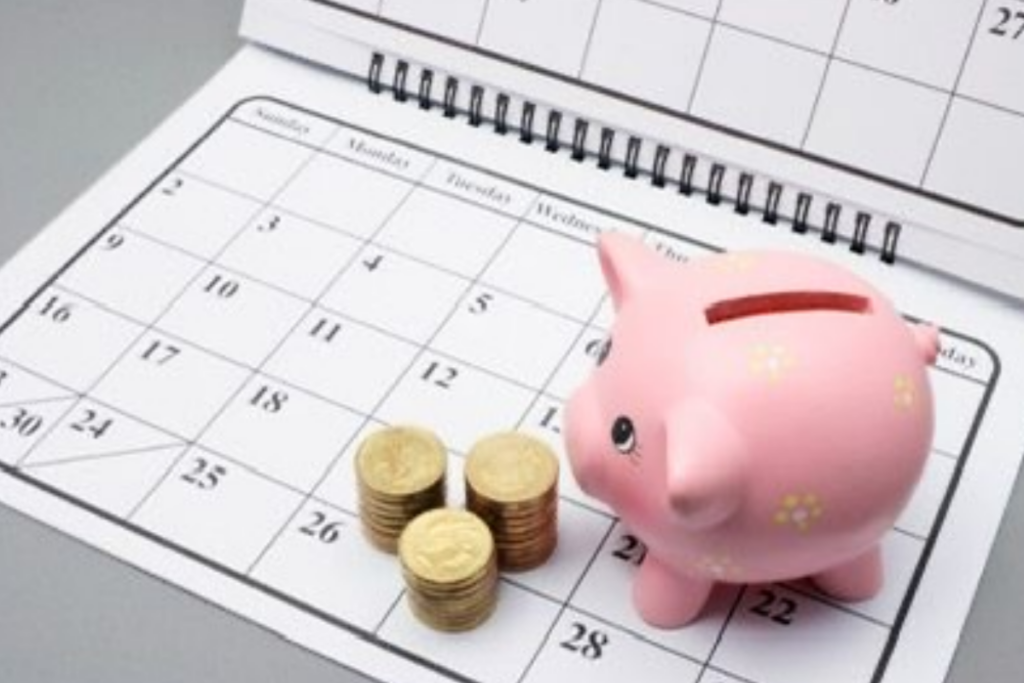
Source: BudgetDiet/Pinterest
How Many Bank Accounts Should I Have?
The right number of bank accounts varies for each person based on their financial situation and goals. If you find it hard to manage your accounts or stop contributing to them, you might have too many.
Summarizing Points
To sum up, saving money is really important for reaching your financial goals. Having a savings account can help you keep your money safe and organized. If you have different things you’re saving up for, it can be helpful to have separate savings accounts for each goal.
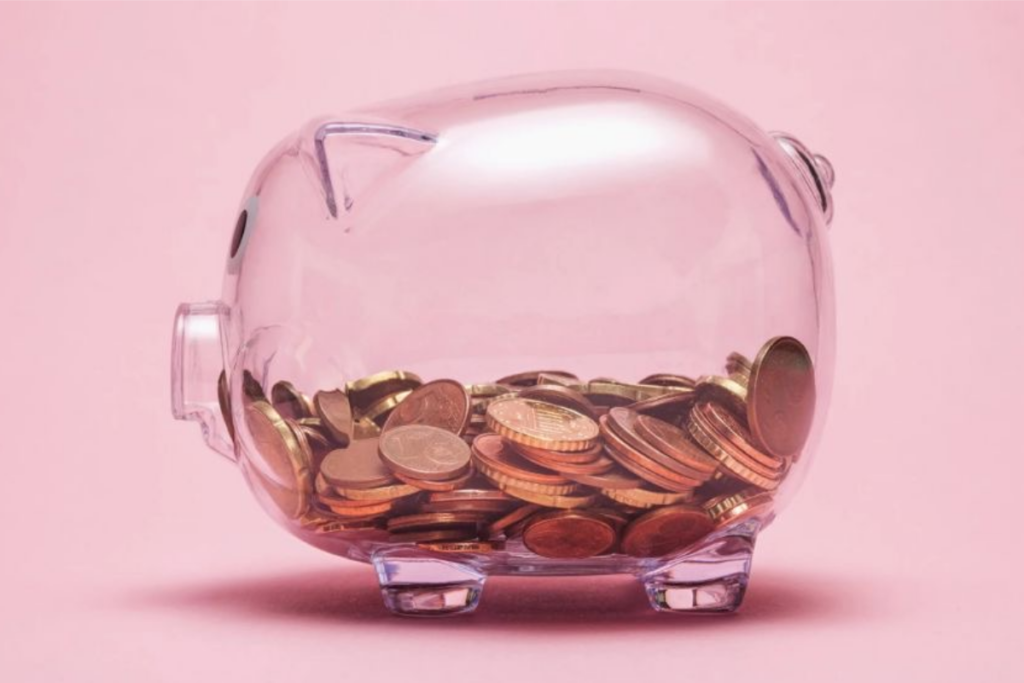
Source: SELFMagazine/Pinterest
Make sure to understand things like how much money is protected by insurance and how interest rates and fees affect your accounts. This will help you manage your savings better.
Key Takeaways
Also, make sure to read and understand the terms and conditions of your savings account. This will help you get the most out of it. It could help you earn higher interest rates. It could also help you steer clear of going below a minimum balance.

Source: Freepik/Pinterest
It’s a good idea to talk to a financial advisor who can help you make decisions. They can help you decide if having more than one savings account is right for you.

